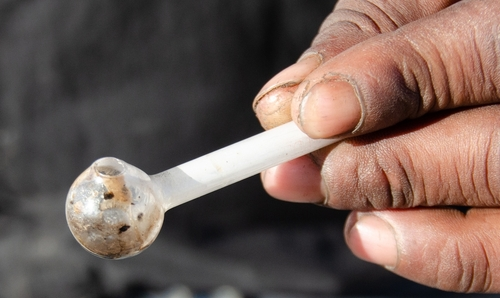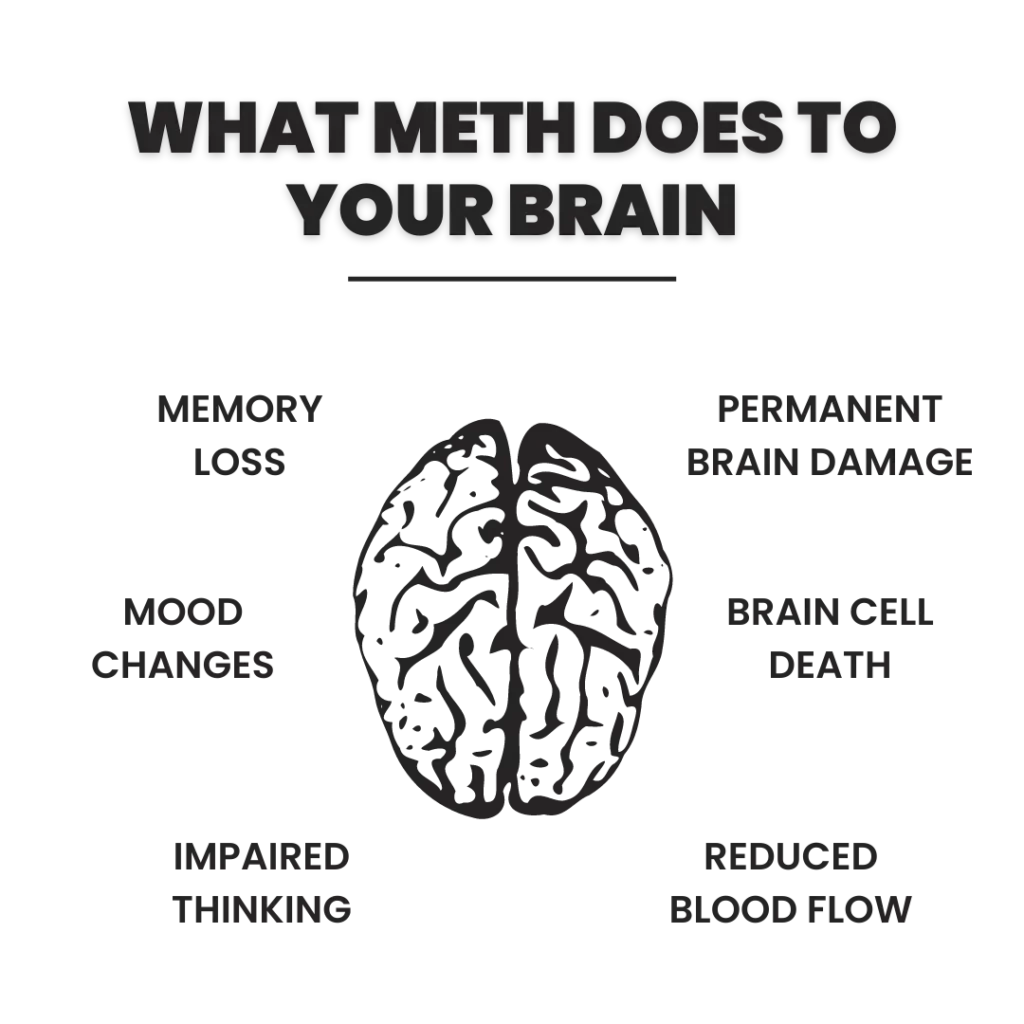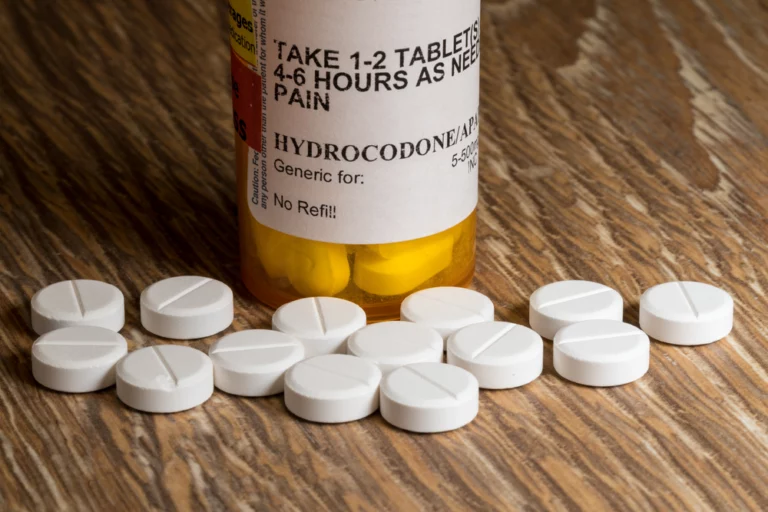What Does Meth Do To Your Brain? Brain Damage, Memory Loss, & More
What Does Meth Do To Your Brain? Lets discuss this and go over some of the short and long term effects Meth has on the body. Meth is an illegal and highly addictive stimulant that ravages your brain and body. The stats around meth use are sobering, with nearly 3 million Americans over 12 years old using meth. In 2023 approximately 200,000 have tried using meth at least once.
When you use meth, it floods your brain with dopamine, the feel-good chemical messenger. At first, this high is euphoric and energizing. But over time, meth destroys your dopamine receptors, robbing you of the ability to feel pleasure from anything else.
Your memory, motor skills, and decision-making also take a hit. Meth causes neurons to misfire, damaging emotion, memory, and reward processing areas. Chronic use leads to psychosis, hallucinations, and delusions. The drug also eats away at your body, causing extreme weight loss, severe dental problems (“meth mouth”), and skin sores.

What Does Meth Do To Your Brain?
Meth is a highly addictive stimulant that alters your brain’s chemicals. Once ingested, meth travels to your brain in minutes, releasing a surge of dopamine, the feel-good hormone. This causes an intense rush of pleasure and euphoria.
Over time, meth destroys dopamine receptors in your brain, making it impossible to feel pleasure from anything other than the drug. This fuels cravings and addiction. Meth also disrupts levels of other neurotransmitters like serotonin that regulate mood and sleep. This is why long-term meth use leads to depression, insomnia, and psychosis.
Meth creates memories and conditioned responses in your brain, linking the drug to reward and pleasure. So even seeing or thinking about meth can trigger cravings and the desire to use. Breaking these connections is extremely difficult and requires long-term sobriety.
The damage meth inflicts on the brain can be long-lasting. Studies show meth users have fewer dopamine receptors even after years of abstinence. Cognitive abilities like decision-making, memory, and motor skills may improve over time with sobriety, but some impacts remain permanent.
Read more: How Long Does a Meth High Last? What You May Not Know

The Immediate Effects of Meth on Your Brain
Meth is an extremely potent and addictive stimulant that wreaks havoc on your brain. Within minutes of taking it, meth begins destroying your brain cells and altering your brain chemistry in ways that can persist long after you stop using it.
The Dopamine Flood
Taking meth causes a massive release of dopamine, the “feel-good” neurotransmitter in your brain.
This unnaturally large surge of dopamine produces the initial rush of euphoria and pleasure. However, your brain can quickly become desensitized to this level of dopamine. This leads to taking increasingly higher and more frequent doses to achieve the same high.
Impaired Thinking and Judgment
While dopamine is flooding your system, meth impairs areas of your brain in memory, emotion, and decision-making.
This is why people often engage in risky behaviors with disastrous consequences. The drug also hampers your ability to control your impulses and emotions. These combined effects can lead to aggression, violence, and psychotic behavior.
Brain Cell Death and Reduced Blood Flow
Meth use causes damage to dopamine receptors, transporters, and axons in the brain that can last for years. It also leads to brain inflammation and oxidative stress that kills neurons.
Positron emission tomography (PET) scans of long-term meth users show significantly lower levels of dopamine transporters and reduced blood flow in the brain. This damage contributes to problems with motor skills, memory, problem-solving, and emotional regulation.
Read more: The Difference Between Meth and Crystal Meth

Long-Term Brain Changes from Meth Use
Long-term meth use causes severe damage to your brain that often continues even after you stop using. The effects worsen over time and may persist long after you’ve become sober. Some of the devastating impacts of meth on your brain include:
- Memory loss. Meth destroys neurons that produce dopamine, a neurotransmitter critical for memory formation and cognitive control. This leads to problems with short-term and long-term memory, like difficulty recalling events or learning new information.
- Impaired thinking. Chronic meth use negatively impacts your ability to think, solve problems, and make good judgments. Connections between neurons in the prefrontal cortex, responsible for these abilities, are damaged. This can make it hard to focus or accomplish complex tasks.
- Mood changes. Since meth dramatically raises dopamine levels, long-term users often experience extreme depression, anxiety, paranoia, and even psychosis. The natural ability to regulate emotions and mood is disrupted. It can take years of abstinence for these functions to normalize.
- Permanent brain damage. Studies show that long-term meth use leads to a reduction in dopamine transporters of 50-70%, which may never recover even after years of sobriety. This means a lifetime struggle with memory, cognition, and mood problems. Some damage caused by strokes or brain lesions from meth use cannot be reversed.
- The brain damage caused by long-term meth use is similar to Alzheimer’s disease and other dementias. This includes tissue loss in areas involved in memory, emotion, decision-making, and the buildup of abnormal proteins that interfere with neural function.
The more you use meth and the longer you use it, the worse these brain changes become. But the good news is, some recovery is possible—especially if you stop using as soon as possible. A healthy lifestyle incorporating exercise, nutrition, sleep, and social interaction can help repair neural connections over time.

Are You Struggling with Meth? We Are Here to Help
Are you struggling with a meth addiction? If so, you are not alone. At Oasis Recovery, we understand how hard it is to overcome an addiction to meth. We know that it often takes many attempts to get clean for good. Don’t lose hope – help is out there. Our caring staff provides a supportive environment where you can heal and build a community of people facing similar struggles.
We offer counseling and customized treatment plans to help you recover from meth addiction. Our dedicated staff will be there for you every step of the way, helping you develop coping strategies, build a support network, and find purpose and meaning in your life without relying on drugs.









